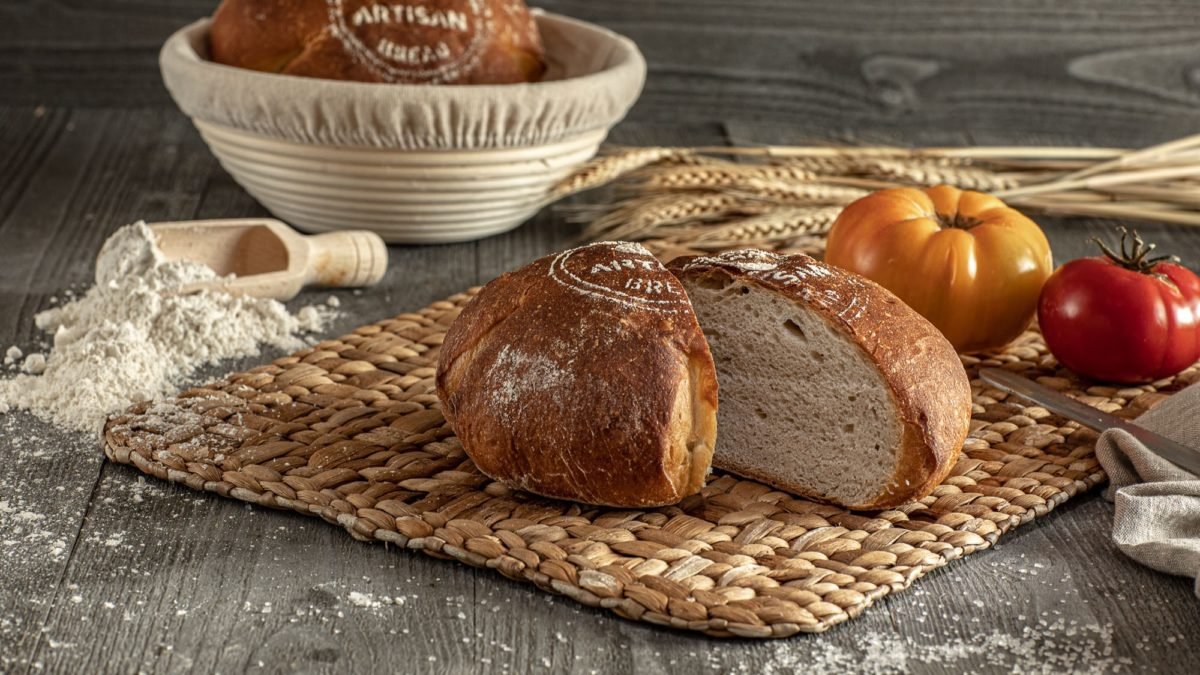The best and easiest way to become vegan is to have a plan. Changing one’s diet is a big step and it takes some getting used to. Think about it, how do you cut out meat, eggs and dairy and still eat a healthy diet? Whatever your reason or motivation; to lose weight, improve your health or just switch to a whole new diet plan, you need a guide and a good plan to ensure you do not leave out essential nutrients or embark on a lost cause. We’ve put together a few tips that’ll help you on your journey to becoming Vegan. Don’t forget while traveling you will have some options as well for example a vegan bakery.
- Prioritize vegetables. Ever wondered why veggie-packed meals are considered a winning choice? There’s so much you can do with your plate. For plant-based diets, it should be more about what you can have on your plate and less focus on what you can’t. From vitamins A to K, minerals like potassium, and fiber-rich meals, you can boost your immunity, help your organs stay healthy and keep your calories in check.
- Eat whole grains. Out with refined grains like white bread and white pasta, and in with whole grains. Whole grains are plant-based and can be a major part of a Vegan diet. Unfortunately, many people looking to take up a vegan diet do not pay that much attention to whole grains. For your diet, you can include quinoa and brown rice to not only add fiber to your diet, but also B vitamins and iron.
- Spice things up. Be sure you’re mixing things up when you go vegan. Do not just fill up your plates with lettuce or spinach and tomatoes every other day, you’re not a farm animal. There are so many options you can choose from to maintain a balanced diet and gain the important nutrients you need. Red tomatoes are great for your heart, Blueberries for your brain and sweet potatoes for your eyes. Beans are a good source of protein, and fiber and greens will give you all the vitamins you want. You can create your ideal meal from these options.
- Take Vitamin D. You’re not expected to get less than 600 IU of vitamin D daily. In fact, keeping your daily value between 1,000 and 1,500 IU is a healthy habit. When I say Vitamin D, I don’t expect you to go stack your refrigerator with yoghurt and milk. Those are fortified dairy products. Sardines, salmon, and other canned fish products are also not a healthy choice. Instead, you can gain enough vitamin D from non-dairy options like almond milk, soy milk and orange juice.
- Don’t forget iron. This is another place where you get to miss animal proteins, like chicken and meat. But nature is so blessed to leave you stranded for iron because of a lack of animal proteins. Leafy greens, legumes and beans are great sources of iron, although absorption is slower with iron from plant sources. To boost absorption, eat them along with vitamin C-rich foods. On the flipside, avoid eating calcium-rich foods within the same period as they can inhibit iron absorption.
- You need B12. Again, you’ll begin to feel the pinch of your diet switch here. B12 is mostly found in poultry, eggs, meat, fish, and dairy. However, to keep your daily DV of 2.4 milligrams up to pace, you can find enough B12 Vitamin in fortified cereals and energy bars. If you do want to make that up with supplements, ensure you consult your doctor.
- Have some fish-free omega 3s. You’ll probably have a hard time finding plant-based Omega-3 fatty acids. Supplements are usually a good bet, especially DHA/EPA that are made from algae. But there are other natural options like flaxseed, canola oil and walnut which supply ALA, a kind of omega 3 which the body can use to make fatty acids (in small quantities) needed for heart health and brain and eye development.
- Seek plant-based proteins. When you discover how numerous and rich vegan sources of protein are, you’re likely to abandon animal protein altogether. From beans, soybeans, tofu, tempeh, lentils, and chickpeas to nuts like walnuts and almonds and seeds like pumpkin and sunflower, the sources are endless. You just need to be conscious about including these sources in your daily diet and you won’t have a problem meeting your daily protein requirement.
Be sure to watch out for unhealthy Vegan products. That doesn’t quite sound right, does it? I mean, you probably thought all vegan products are healthy, but that’s not true. You need to watch out for processed vegan foods like so-called garlic bread which contains ‘vegan margarine’ and so-called vegan cookies. These aren’t so different from regular bread and cookies and may not be good for your heart or waistline. These processed products usually contain palm oil and coconut oil ladened with saturated fat. For best results, stick to whole grains and veggies.
Related posts
Subscribe Now
* You will receive the latest news and updates on your favorite celebrities!
Meet the Author

Gillion is a multi-concept WordPress theme that lets you create blog, magazine, news, review websites. With clean and functional design and lots of useful features theme will deliver amazing user experience to your clients and readers.
Learn moreCategories
- Animals (6)
- Business (579)
- Cooking (3)
- Design (17)
- Education (59)
- Entertainment (62)
- FASHION (89)
- Fashion (39)
- Featured (19)
- FOOD (42)
- Guide (55)
- Health (290)
- HOME (184)
- Interior (14)
- Life (8)
- Lifestyle (111)
- Motivation (6)
- News (47)
- People (4)
- Photography (5)
- Review (4)
- Style (4)
- TECH (176)
- Travel (107)
- Uncategorized (1,441)



Stay connected